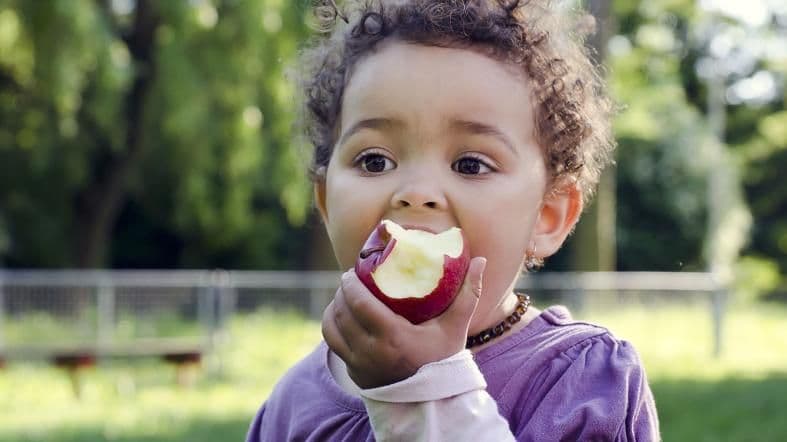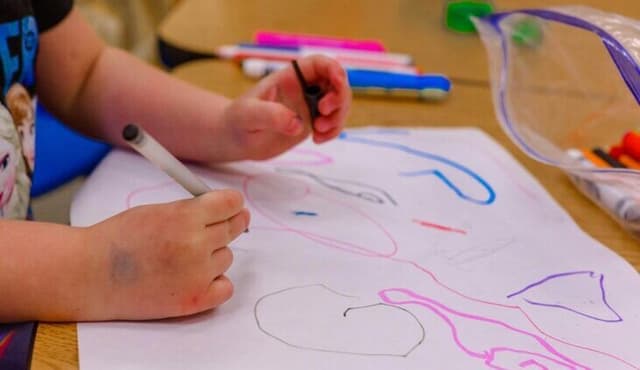General News
First Nations families in Townsville being helped by new first 1,000 program

Freya Lucas
Apr 15, 2024
Save
First Nations families in the Townsville region, including Palm Island, are receiving more timely access to care thanks to a new program providing targeted support for women and children in their first 1,000 days.
The First 1,000 Days Social and Emotional Wellbeing program is funded by Northern Queensland Primary Health Network NQPHN and aligns with the Better Health North Queensland (NQ) Alliance First 1,000 Days Framework.“The first 1,000 days is defined as the period from conception through to a child’s second birthday. During this period, parents and children may receive access to a range of care and supports, including pregnancy care, birthing, post-birth care, and child development,” NQPHN Chief Executive Officer Sean Rooney said.
The program focuses on maternal and child health, and the social and emotional wellbeing of mothers, fathers, carers, and children to help reduce health inequities and ensure all children in the region have a healthy start to life.
Significant because the first 1,000 days are considered a critical time in a child’s life, with early experiences being a predictor of health, development, education, and social outcomes, both in childhood and later in life, the program aims to improve health outcomes for First Nations families and communities by providing care coordination and improving access to primary health care, including culturally appropriate mainstream services, while keeping them connected to their community.
To develop the program NQPHN worked with Aboriginal Community Controlled Health Organisations (ACCHOs), Hospital and Health Services (HHSs), the Department of Education and Early Childhood, Tropical Public Health, the Queensland Aboriginal and Islander Health Council (QAIHC), and digital health organisations from across Northern Queensland to collaboratively codesign and develop the new models of care so they were relevant to each community.
Thanks to the program Palm Island Community Company (PICC) has been able to employ a small team who worked with the organisation’s health and community services to provide more targeted support for families on Palm Island, PICC CEO Rachel Atkinson explained.
“Our team is very excited about this program as it is new for Palm Island,” she said.
“We’re able to work more intensively with parents, supporting them and their babies through the first 1,000 days of their babies’ lives.
“We’ve employed a child health nurse and Aboriginal health worker to work in the program, and have a GP who will be working alongside them, focusing on maternal and child health. The team is part of our broader primary health team, providing extra capacity to meet the needs of our babies and families.”
Townsville Aboriginal and Islander Health Service (TAIHS) Director of Health Services Dr Sean Taylor said the team was passionate about early childhood development and healthcare, and personal, family, and community wellbeing.
“The First 1,000 Days program recognises that Indigenous children and their families often face unique challenges,” Dr Taylor said.
“Being able to provide critical resources, support, and guidance to families during the early stages of a child's life is rewarding and fulfilling.”
“Providing targeted support and culturally sensitive interventions, the program helps address specific needs and improves the overall health and wellbeing of Indigenous families in the Townsville and surrounding regions.”
The program includes prenatal and antenatal care, nutrition education, breastfeeding support, immunisation campaigns, social and emotional wellbeing supports, and pathways for mental health support.
The First 1,000 Days program aligns with the NQ First 1,000 Days Framework and the National Strategic Framework for Aboriginal and Torres Strait Islander Peoples’ Mental Health and Social and Emotional Wellbeing 2017–2023.
Learn more about the program here.
Don’t miss a thing
Related Articles



















